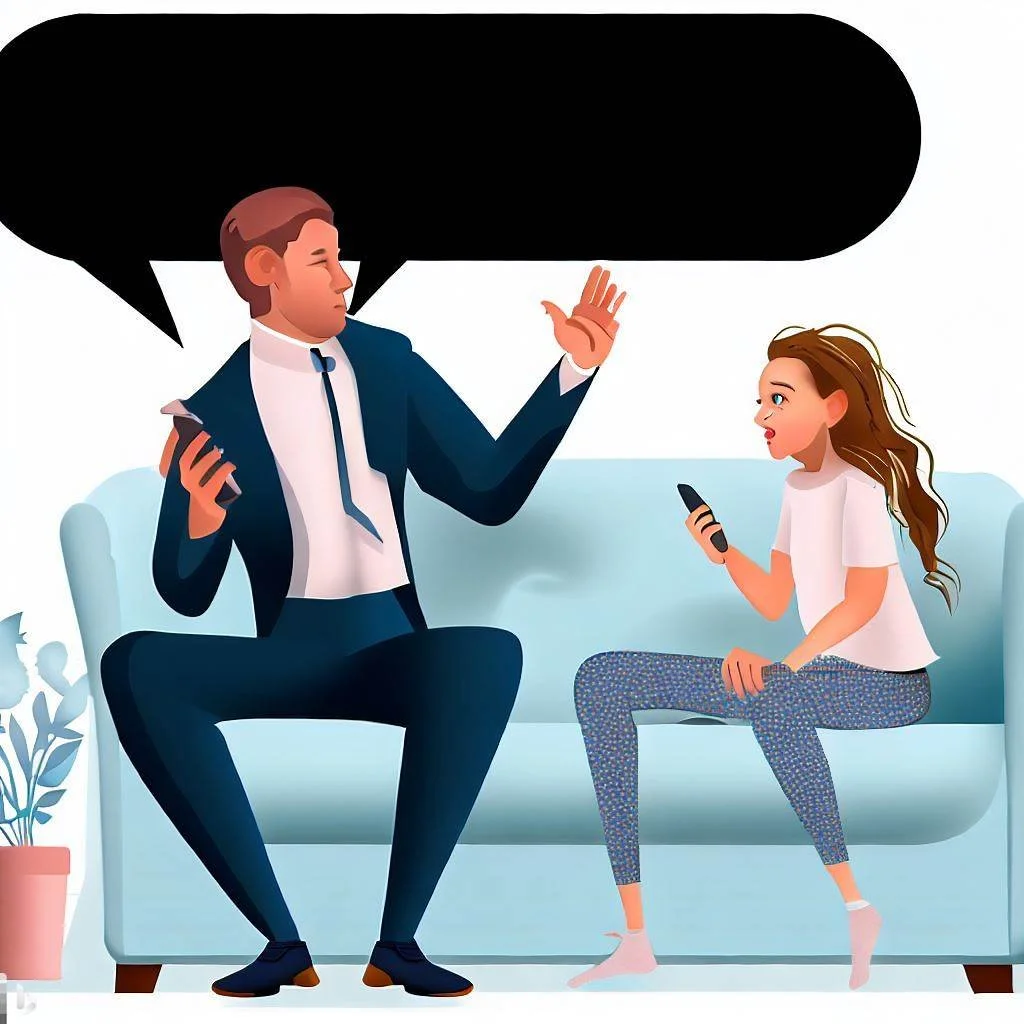From Know-It-All to Learning Together: Cultivating a Supportive Environment at Home
As parents, there is often an expectation placed upon us to have all the answers for our children. However, the truth is, we don't have all the answers, and that's perfectly alright. In fact, acknowledging our limitations can be a powerful tool in establishing trust with our kids and fostering more meaningful conversations. By embracing our vulnerability, we create an environment where both parent and child can explore and discover answers together, promoting growth and understanding.
It's essential to recognize that nobody likes a know-it-all, and our kids are no exception. When we pretend to have all the answers, it can create a barrier between us and our children. It sends the message that we are infallible and all-knowing, which can be intimidating and discourage open communication. Instead, by admitting that we don't have all the answers, we demonstrate humility and authenticity, paving the way for genuine connections and deeper conversations.
When we acknowledge our limitations, it opens the door for collaboration and shared learning. Engaging in a joint exploration of knowledge with our children not only fosters their intellectual curiosity but also helps them develop critical thinking skills and problem-solving abilities. By approaching discussions with a sense of curiosity and openness, we invite our children to actively participate in finding answers, empowering them to take ownership of their own learning and growth.
Moreover, admitting that we don't have all the answers allows us to model healthy behavior for our children. It teaches them that it's okay to ask questions, seek guidance, and admit when they don't know something. By embracing our own vulnerability, we encourage our kids to be vulnerable themselves, creating an atmosphere of trust and understanding within the parent-child relationship.
It's important to remember that admitting our lack of knowledge doesn't diminish our role as parents. Instead, it strengthens it. By being honest about our limitations, we demonstrate that we are human, just like our children, and that we are continuously learning and evolving alongside them. This vulnerability deepens the bond between parent and child, as it shows our willingness to grow and adapt together.
In moments when we don't have the answers, we can turn it into an opportunity for connection and growth. Engage in conversations that encourage reflection, curiosity, and a shared quest for knowledge. By actively listening to our children's perspectives and allowing them to contribute their insights, we create an atmosphere of mutual respect and collaboration.
So, let go of the pressure to have all the answers. Embrace the beauty of vulnerability and the potential for growth within your parent-child relationship. Together, you can embark on a journey of discovery, learning, and meaningful conversations that will nurture trust, deepen understanding, and foster a lifelong love of learning. Remember, it's alright to admit that you don't have all the answers.
